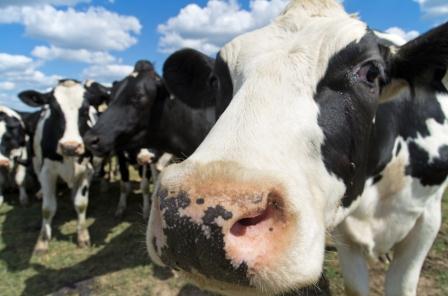AAC recommendation regarding the use and labelling of wheat protein products in foodstuffs
Hypersensitivity to foods and food ingredients is increasingly recognized as a significant health problem. The main foods and food ingredients that are known to cause hypersensitivity are: crustacea, fish, eggs, peanuts, tree nuts, soybeans, milk, cereals containing gluten and products of all these, and sulphite.
The cereals containing gluten are wheat, barley, rye, oats, and spelt or their hybridized strains. Ingestion of gluten in genetically susceptible individuals may result in an inflammatory disease of the small intestine, known as coeliac disease or gluten intolerance.
Based on their interesting functional properties, wheat gluten and products derived thereof are used as functional ingredients in a range of foodstuffs. The AAC fully recognizes the concern of coeliac people about the use of wheat proteins in a number of foodstuffs in which their presence is not always clearly declared or which are normally gluten-free.
Uncertainty about the composition of foodstuffs is actually one of the major problems for people suffering from allergy or intolerance.
- By the adoption in 1999 by the Codex Alimentarius Commission of specific requirements for the labelling of the main substances known to cause hypersensitivity, a major step has been taken to ensure that people who suffer from allergy or intolerance to certain substances are always informed about their presence in a foodstuff. The Codex General Standard for the Labelling of Prepackaged Foods has been amended accordingly. All exemptions from labelling for those substances are removed.
- Similar requirements are proposed at EU level as an amendment to the EU Directive on the Labelling, Presentation and Advertising of Foodstuffs.
The use of wheat protein products in foods which are gluten-free by nature was recently discussed in the context of the Codex Standard on Wheat Protein Products. The Codex Alimentarius Commission in July 2001 reconfirmed specific labelling as the basic principle to inform people suffering from allergy or intolerance to certain substances about their presence in a foodstuff.
As producer of wheat proteins, the European Cereal Starch Industry supports the decisions at Codex level and the developments in EU legislation on specific labelling of allergens.
Therefore, the AAC recommends its customers that wheat gluten or wheat protein products should always be clearly declared in the list of ingredients with indication of the wheat origin. Additionally, the AAC also believes that where this information cannot be ensured, and in the line of the Codex decision, wheat protein products should not be used in foodstuffs that are not expected to contain them.

